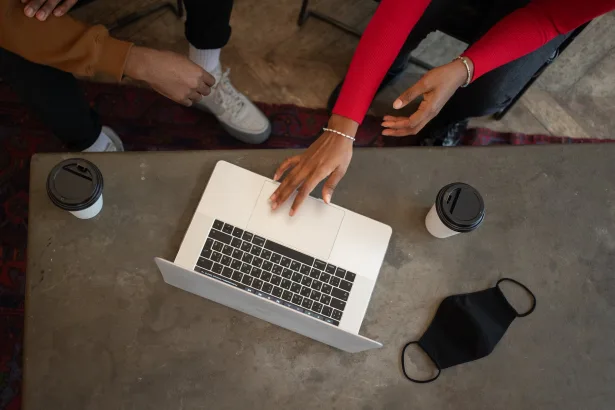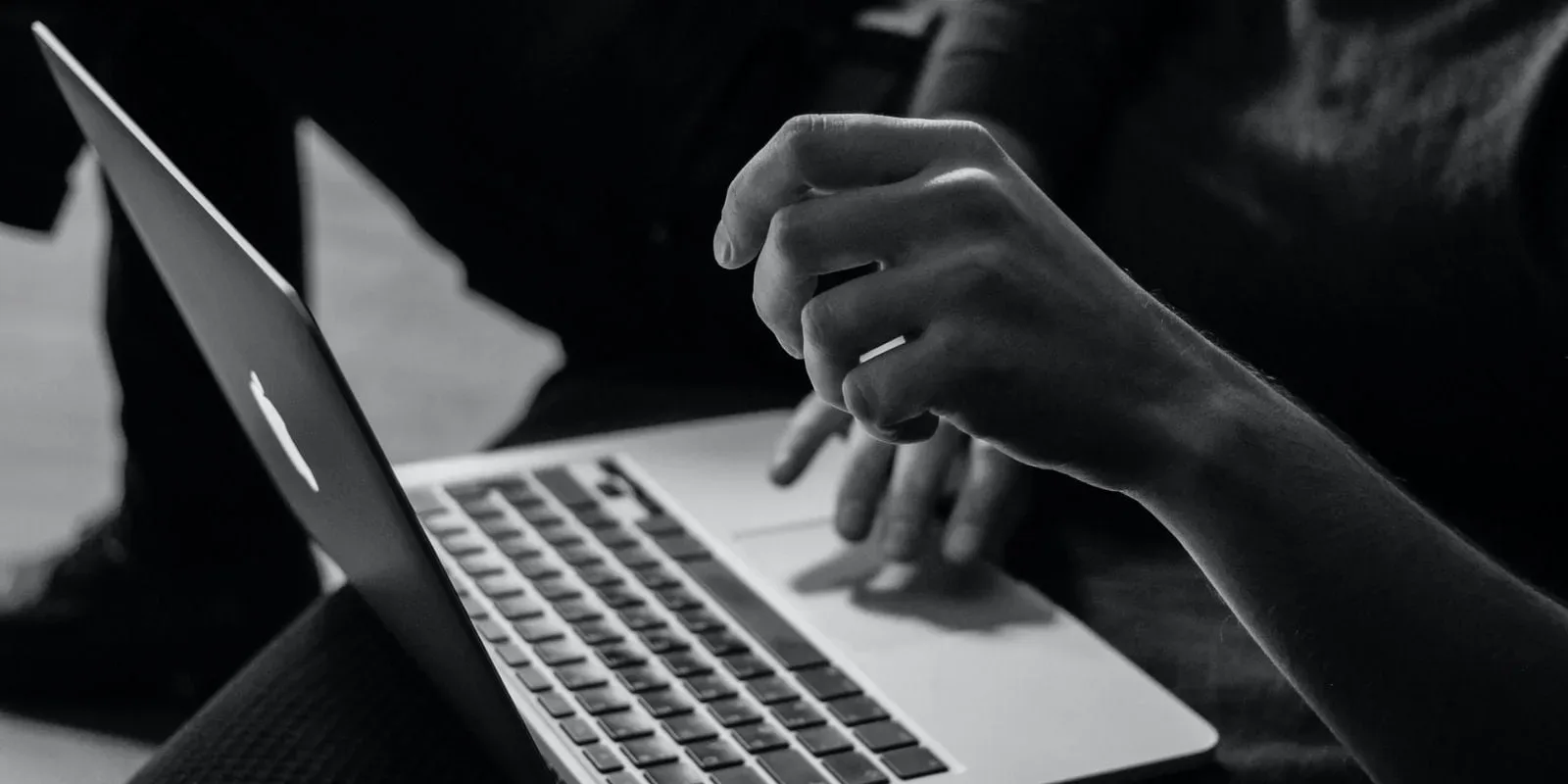It is no secret that the internet can be a dangerous place. With so much information – and misinformation – floating around, it is easy to get lost in the sea of data and end up in a situation where you are not sure what is real and what is fake. There are plenty of ways to stay safe while browsing the internet, from simple tips like being careful what you click on, to more complex security measures like installing anti-malware software. No matter what level of internet user you are, there are steps you can take to protect yourself from scams, viruses, and other online threats.
For instance, one way to stay secure online is to use a VPN or Virtual Private Network. VPNs encrypt your data and mask your IP address, making it more difficult for hackers to target you.
This article will take a look at some of the best ways to stay safe online and teach you a thing or two about protecting your personal information while browsing the web.
Table of Contents
What are some of the best practices for staying safe on the internet?
To stay safe while browsing the internet, there are a few things that you can do. First and foremost, always make sure that you have antivirus software installed on your computer. This will help to protect you from malicious software that could potentially damage your system or steal your personal information. Moreover, be careful about what you download and install on your computer. Only download files from trusted sources; be sure to scan anything you download with your security software before opening it.
Additionally, be careful about what websites you visit and what information you input into them. If a website looks suspicious or asks for personal information you are uncomfortable sharing, it is probably best to avoid it altogether. Don’t post personal information or financial information on public websites. And be careful about who you communicate with online – if someone seems suspicious, it’s best not to engage with them.
How to protect your personal information online.
You can take a few simple steps to protect your personal information online. First, make sure that your computer has up-to-date security software installed. This will help to protect your computer from malware and other threats.
Next, be careful about the websites you visit and the links you click on. Avoid clicking on links in emails or social media messages from people you don’t know, as these could lead to malicious websites. When entering personal information into website forms, ensure the website is secure (look for https:// in the address bar).
Finally, remember that not all information that is shared online is public. Be thoughtful about what you share on social media and other websites. If you wouldn’t want someone to find out something about you through a Google search, don’t post it online!
How to keep your devices secure with a VPN
A VPN, or Virtual Private Network, is a tool that helps to keep your online activity and data secure. By routing your internet traffic through a VPN server, your data is encrypted and protected from prying eyes.
There are many benefits to using a VPN, especially if you frequently use public Wi-Fi or connect to the internet on devices that are not your own. A VPN can help to protect your privacy by hiding your IP address and location, and it can also help to unblock websites and content that may be censored in your country.
In conclusion, always be aware of the dangers of internet browsing, and take the necessary precautions to protect yourself.





Share Your Thoughts